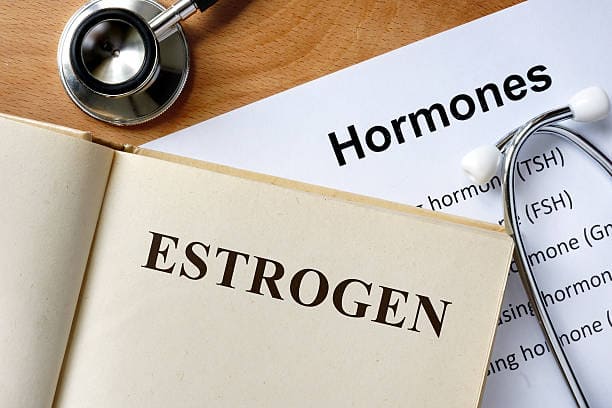Ever hit that afternoon slump where your eyes feel heavy and your brain feels foggy? It’s not uncommon, and chances are, you’re not alone. Fatigue can be a real drag, impacting your energy levels, mood, and productivity. But before you reach for another cup of coffee, let’s explore some potential culprits behind your exhaustion.
Lifestyle causes of Fatigue
First off, take a good look at your lifestyle. Your everyday habits play a significant role. According to Dr. Theodore Friedman, a renowned expert from the Charles R. Drew University of Medicine and Science, there are three key pillars of health: sleep, diet, and exercise. These elements are closely interconnected. Poor sleep affects your eating habits and exercise routine, and vice versa. So, prioritize getting 7 to 9 hours of quality sleep each night, maintain a balanced diet rich in fruits, vegetables, and lean proteins, and make sure to stay physically active.
But what if you’ve already nailed these lifestyle basics and still find yourself dragging through the day? It might be time to consider potential medical factors contributing to your fatigue.
Possible Medical Causes of Fatique
Anemia: Imagine your body as a bustling city, and your blood as the transport system delivering oxygen to every corner. Anemia disrupts this system, like having too few buses to carry passengers. Without enough oxygen reaching your tissues and organs, you feel drained, dizzy, and mentally foggy. Iron-deficiency anemia is a prevalent type, where your body lacks enough iron to build those essential oxygen-carrying “train cars.” A straightforward blood test can diagnose this condition.
Diabetes: Diabetes is like having a roller coaster ride for your energy levels. Your body struggles to regulate blood sugar, leading to frequent highs and lows in energy. Think of it as constantly adjusting the thermostat in your house, but never quite finding the right temperature. Also, alongside fatigue, you might experience excessive thirst and frequent urination, as your body tries to cope with fluctuating sugar levels.
Thyroid Issues: Your thyroid gland acts as the body’s energy regulator, controlling how fast or slow your metabolism runs. When it’s not functioning correctly, it’s like having a faulty thermostat in your home; you’re never quite comfortable. An underactive thyroid slows everything down, leaving you feeling sluggish and lethargic. Conversely, an overactive thyroid revs things up too much, leaving you jittery and exhausted. Blood tests can determine if your thyroid is the culprit behind your fatigue.
Heart Disease: Your heart is the engine that keeps your body running smoothly. When it’s not pumping efficiently, it’s like trying to drive a car with a clogged fuel line. Congestive heart failure, where the heart struggles to pump blood effectively, can leave you feeling drained, especially after exertion. In addition, Keep an eye out for other symptoms like swelling in the limbs and shortness of breath, which can indicate heart issues.
Sleep Apnea: Sleep apnea disrupts your nightly rest, leaving you feeling like you’ve run a marathon in your sleep. It’s like trying to fill up a leaky balloon; you never quite get enough air. Your body wakes up briefly throughout the night, gasping for air, even though you might not remember it in the morning. Without reaching deep, restorative sleep stages, you wake up feeling groggy and unrefreshed.
Menopause: Hormonal changes during menopause can turn your sleep cycle into a nightly adventure. Night sweats and hot flashes disrupt your slumber, hence, leaving you tossing and turning instead of getting the rest you need. It’s like trying to sleep in a sauna; no matter how tired you are, the heat keeps you awake.
Depression: Depression throws a wrench into your brain’s chemical balance, leaving you feeling like you’re trudging through quicksand. Serotonin, one of the brain’s feel-good chemicals, takes a nosedive, disrupting your sleep patterns and draining your energy reserves. It’s like trying to navigate a foggy path; everything feels heavy and exhausting and If you suspect depression, seeking help from a healthcare professional is crucial to finding relief.
In conclusion, fatigue can stem from a variety of lifestyle factors and underlying medical conditions. Understanding the root cause is the first step toward reclaiming your energy and vitality. Don’t hesitate to reach out to your healthcare provider for guidance and support on your journey to feeling more energized and alive.

